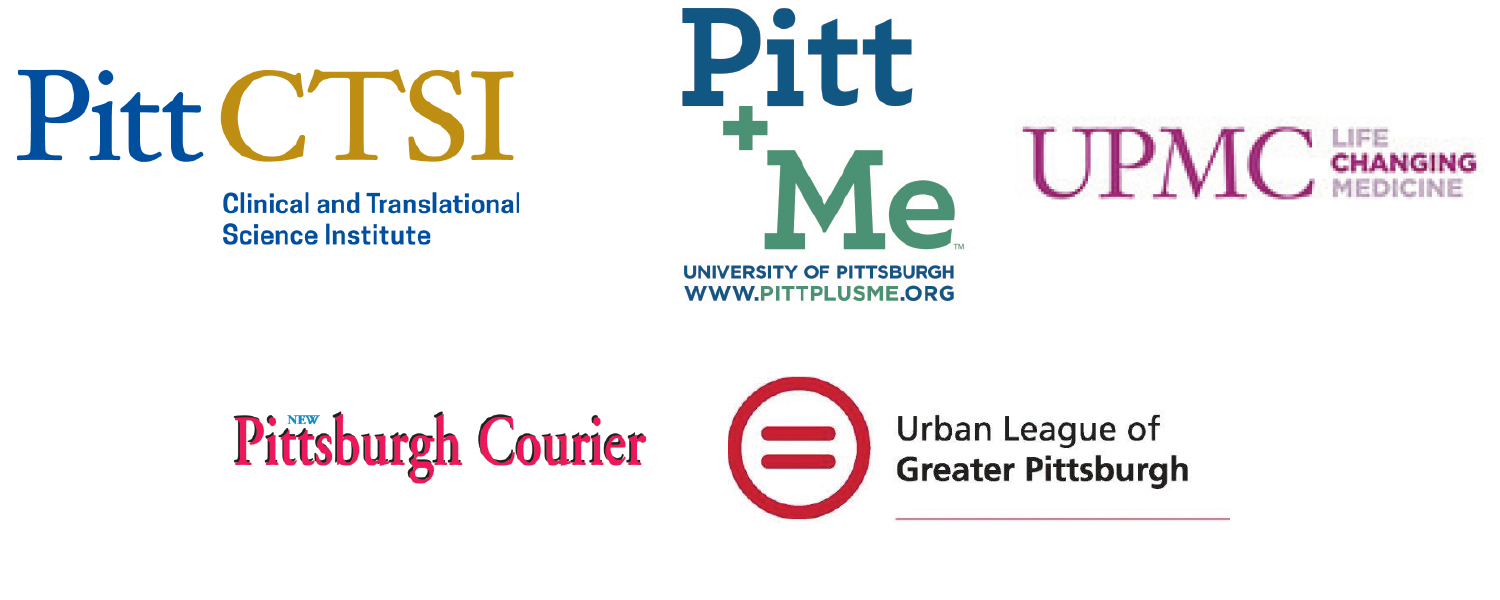YOUNG MAN MEDITATING – GETTY IMAGES STOCK PHOTO
How much time do you spend each day thinking and rethinking about what’s happened in the past? Or what may or may not happen in the future? Do you wish you spent more time calmly living in the moment — observing, not judging?
Intentionally focusing on what’s happening right now — without trying to change or control it — is called mindfulness. Mindfulness can help adults and children regulate their moods and manage and control their emotions in a way that improves daily life and contributes to mental and physical health.
Mindfulness benefits include coping with stress and challenges in a healthier way, thinking more clearly and making better, less impulsive decisions. Mindfulness can also enhance relationships and boost a person’s ability to concentrate.
Strengthening your brain’s attention muscle

DR. DANELLA HAFEMEN
One of the most effective ways to become more mindful is to train your brain by meditating. Dr. Danella Hafemen, Associate Professor of Psychiatry at the University of Pittsburgh, studies brain function and moods among children and adolescents, including teaching them how to meditate using simple techniques.
“Meditation is the training gym for mindfulness,” she explains. “It can help to strengthen the brain’s attention muscle.”
In one of Dr. Hafeman’s pilot studies, children, aged 11-14, who were at risk for developing bipolar disorder, participated in 8-week mindfulness meditation training interventions. The goal was to see if the training caused brain and clinical changes.
After the study ended, researchers, children, and parents noted positive results, including less moodiness and anxiety and better emotion regulation.
Dr. Hafeman’s results mirror other larger studies on mindfulness and mental health for children and adults. In one, researchers reviewed 200+ studies of mindfulness among healthy people and found meditation training especially good at reducing stress, anxiety, and depression.
Accept and observe your thoughts
According to Dr. Hafeman, it’s important to think about mindfulness as having two parts: Attention and acceptance. “For example, in breathing meditation you’re intentionally focusing on the in-and-out of your breath for a set period of time,” she explains.
“As soon as you notice you’ve become distracted by random thoughts — and this happens to all meditators — bring your attention back to your breath and accept the distraction. Don’t judge it. Just observe it,” she continues. “It’s natural for your mind to wander. Don’t react or respond. Just re-focus on your breathing.”
Free and low-cost ways to begin meditating
There’s never been a better time to teach yourself (and help your children) to meditate, thanks to free and low-cost apps, podcasts, and videos on YouTube and via streaming services.
One of Dr. Hafeman’s favorite free apps for children and adults is Smiling Mind. She also recommends guided meditation by Sebene Selassie, Joseph Goldstein, and Sharon Salzberg, as well as self-compassion exercises by Kristin Neff and Ten Percent Happier podcasts.
“Meditation is an immediate, low-cost way to improve your mental health,” says Dr. Hafeman. “It doesn’t require anything other than your willingness to find a quiet space each day and a spend a small amount of time noticing your body and mind, feeling your breath, and being kind to yourself. In return, you may become a little bit happier. After a while, you may also notice that regular meditation helps make day-to-day challenges easier, too.”
